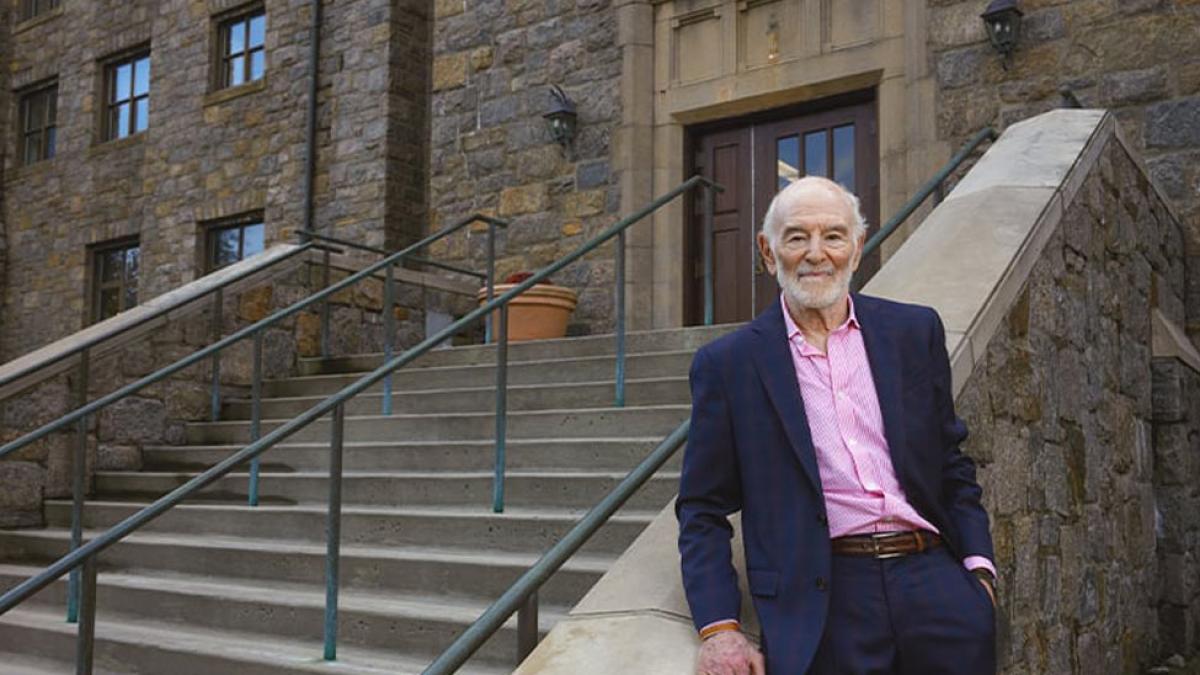“May have just legalized murder by one individual”: Experts alarmed at “stunning” SCOTUS ruling
The justices "gave Trump virtually everything he asked for," issuing a ruling that was "about as broad as it could be for presidential immunity" since it holds that "virtually everything a president does as president is 'presumptively' and 'official act'" that requires the prosecution to "rebut that presumption," argued Bennett Gershman, a law professor at Pace University and former New York prosecutor.
Experts doubt Trump will get conviction tossed in "hush money" case despite Supreme Court ruling
"If he engaged in unlawful conduct before he became president, it doesn't seem to me that his efforts when he was president, to either cover up or address that conduct, will be immunized from criminal liability," said Pace University law professor Bennett Gershman, a former New York prosecutor.
Will Trump stand trial in DC before the election? Experts say it's unlikely, but not impossible
If the Supreme Court rules that some of Trump's alleged conduct is protected by immunity or issues an unclear decision, Trump's criminal case could be bogged down in further delays about how the decision impacts the scope of the case or evidentiary issues, Pace University law professor Bennett Gershman said.
Noted Westchester law professor delves into the Supreme Court ruling on presidential immunity
“The court is trying to say, ‘we’re not talking about Trump, we’re talking about a future president,’ which I think is baloney but that’s what they said in their opinion,” University Distinguished Professor Bennett L. Gershman of Pace University’s Elisabeth Haub School of Law told the Business Journal.
Menopause treatments can help with hot flashes and other symptoms
Elisabeth Haub School of Law Professors Bridget Crawford and Emily Gold Waldman article in The Conversation discussing how menopause treatments can help with hot flashes and other symptoms, highlighting that many people are unaware of the latest advances in this area, gets picked up by Raw Story.
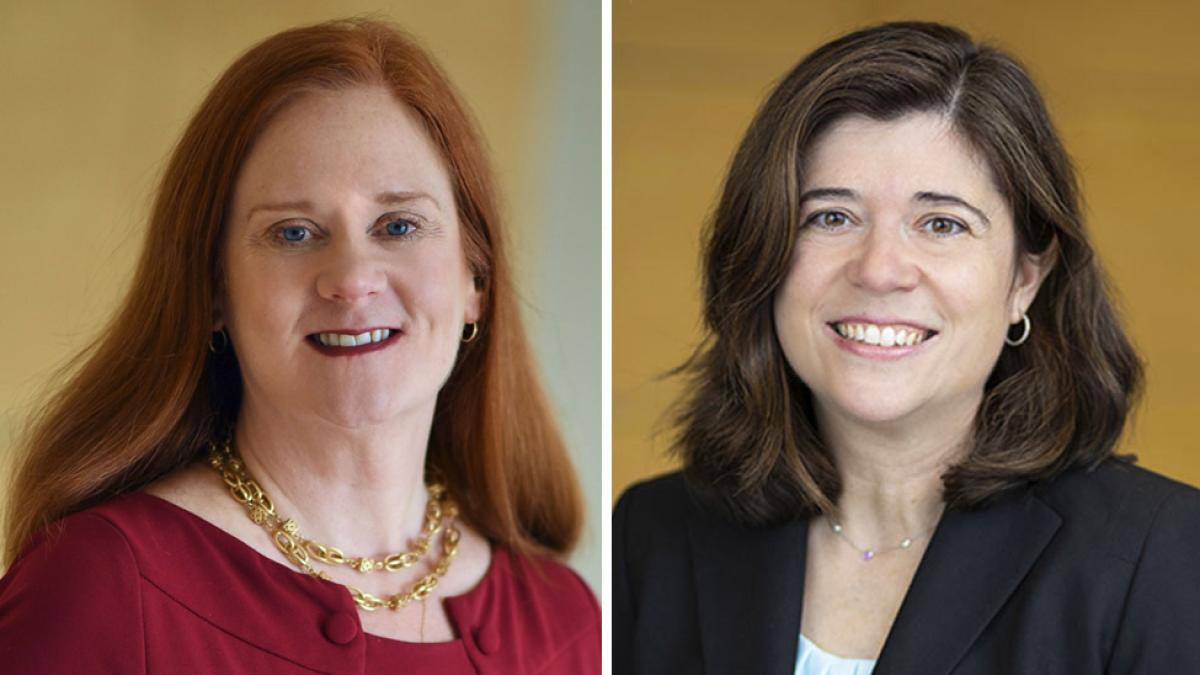
Sean Harris' Family Files Civil Rights Suit Against Clarkstown, Police Over Standoff Death
Elisabeth Haub School of Law Professors Randolph McLaughlin and Debra Cohen, representing the family of Sean Harris have filed a federal civil rights complaint against Clarkstown, Rockland County, and several first responders who were involved in a standoff that preceded the death last year of the 19-year-old.
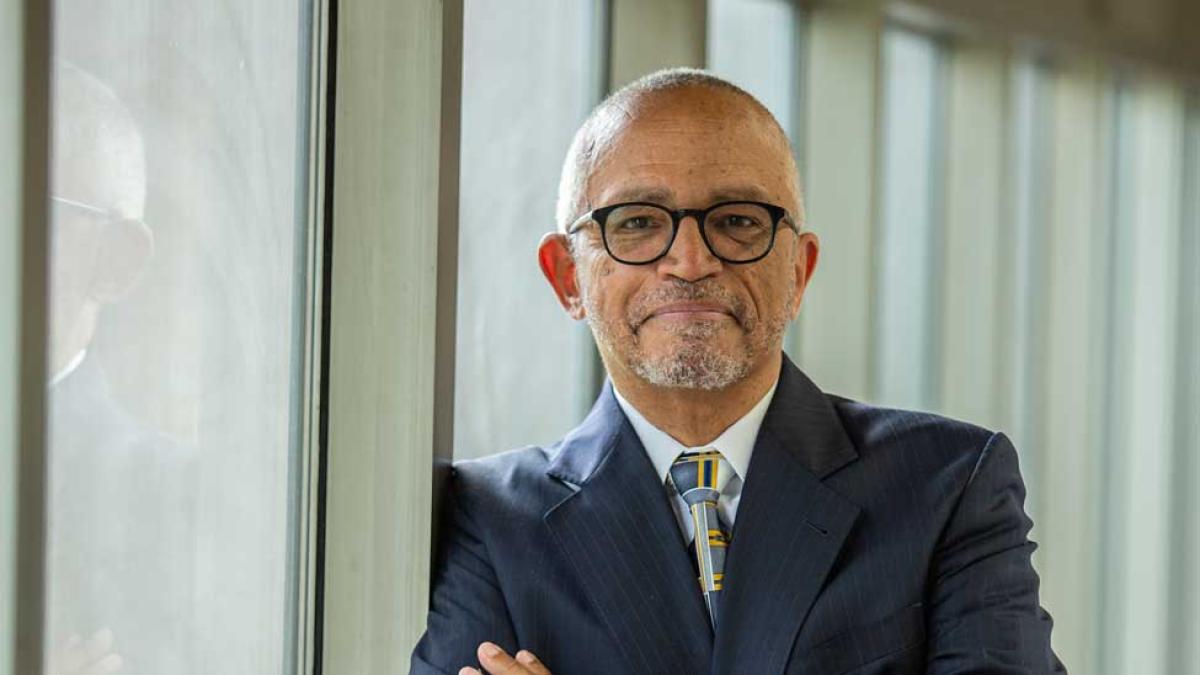
Harnessing The Power Of Sports For Global Diplomacy
Pace University President Marvin Krislov writes in Forbes about the unique role sports can play in diplomacy and the opportunities they provide to better understand and appreciate different cultures.
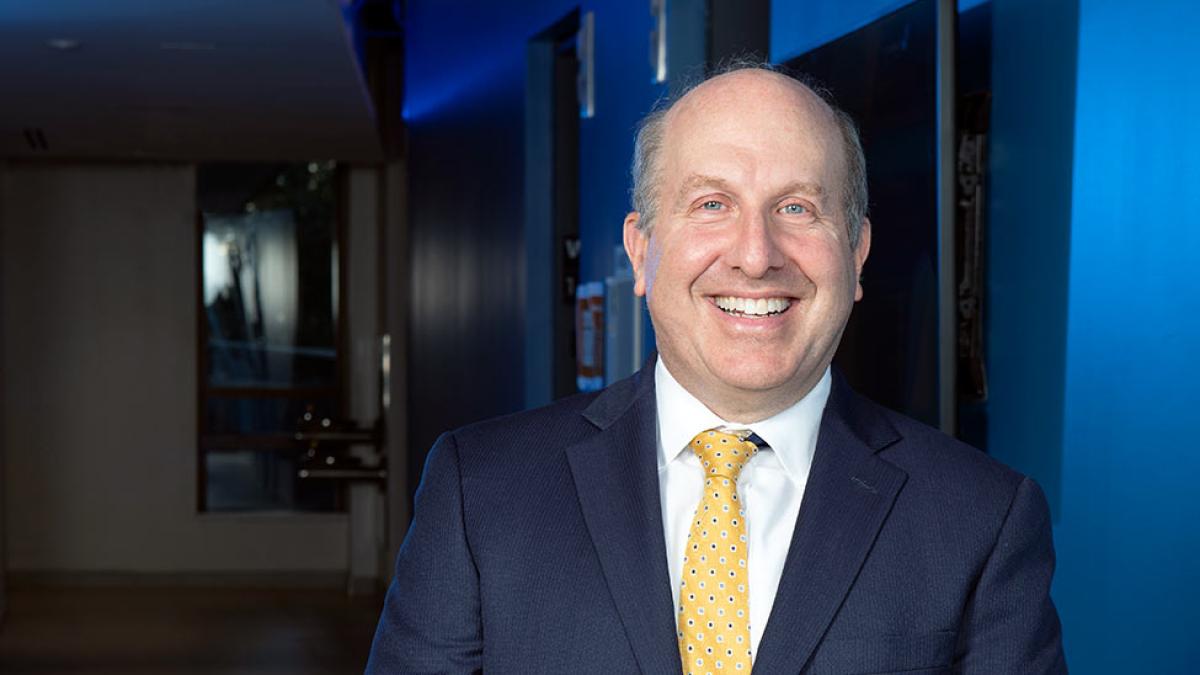
Moons, Fire and Pigs: Emojis Can Be Confusing In Court
Pace University Professor Leslie Garfield Tenzer was featured in a American Bar Association article for her Legal Emoji Dictionary, a helpful resource in courtroom litigation and the first of its kind. “An older person looks at an eggplant and sees a vegetable, but someone younger sees a penis,” Tenzer says. “It really becomes an issue if in a case the decision-maker is an older jury or an older judge. They may interpret the meaning differently from the individual who used it in their conversation.”
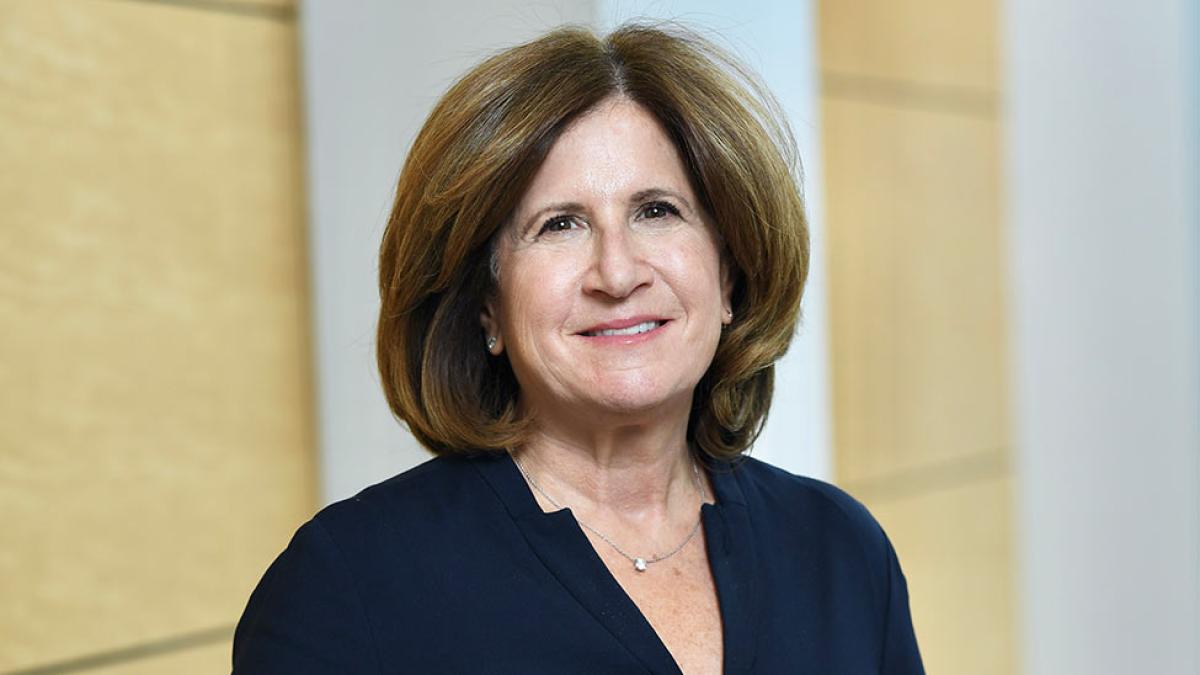
Win For Trump, Surprise On Abortion: Takeaways From Historic Supreme Court Term
Pace | Haub Environmental Law Professor Josh Galperin spoke with USA Today about how the Supreme Court’s overturning of the Chevron ruling shifts regulatory authority from agencies to courts, calling the decision “troubling.”
A Little-Noticed Supreme Court Opinion That Could Bring Huge Consequences
Pace University’s Haub Law Professor Bennett Gershman examines “A Little-Noticed Supreme Court Opinion That Could Bring Huge Consequences” in an article for the New York Law Journal.
